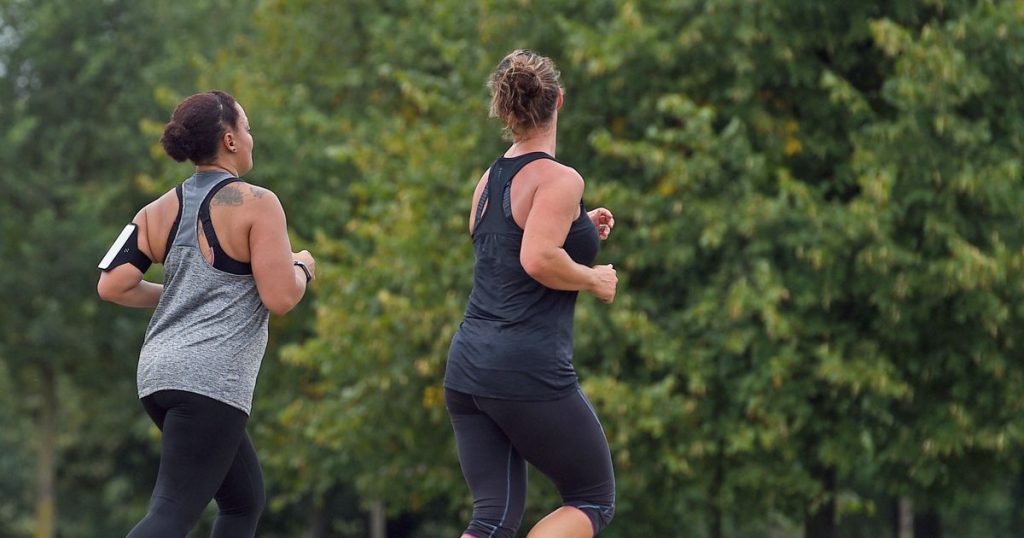The recent study published in the journal BMJ Open revealed that regular exercise significantly reduces the risk of insomnia. People who exercised two or more times per week for at least an hour were 42% less likely to have difficulty falling asleep and 22% less likely to experience insomnia symptoms. The study involved 4,339 participants from nine European countries, with around half of them being women. The research showed that individuals who maintained regular exercise over time were significantly more likely to have normal sleep patterns compared to those who didn’t exercise. Even those who started exercising during the study period saw improvements in their sleep patterns.
The study focused on various aspects of sleep, including difficulties falling asleep, staying asleep, waking up early, and the duration of sleep. Those who exercised at least two times per week were considered physically active, and if they maintained this routine over the years, they were classified as persistently active. The findings indicated that physically active individuals had a lower risk of insomnia symptoms and experienced healthier sleep durations. The study highlighted the importance of regular physical activity in promoting better sleep quality and overall health. However, the research cautioned that the benefits of exercise on sleep could diminish if individuals stopped being physically active.
Huw Edwards, the chief executive of ukactive, emphasized the vital role of physical activity in improving physical and mental health. He highlighted the benefits of exercise, such as better sleep, reduced stress, improved productivity, social connection, and overall well-being. The study supported the notion that physical activity plays a crucial role in lowering the risk of insomnia, and the positive impact of exercise on sleep quality should be acknowledged and encouraged. Edwards shared the goal of making the UK the most active nation in Europe to achieve significant health and economic benefits through increased physical activity and better sleep.
The study also revealed the differences in physical activity levels across various European countries. Norway had the most consistently active individuals, while Spain and Estonia had the least active participants. The research indicated that individuals who exercised more were typically male, younger, lighter in weight, less likely to smoke, and more likely to be employed. These findings highlighted the demographic and lifestyle factors associated with higher levels of physical activity and their positive impact on sleep quality. The study underscored the importance of promoting physical activity as a key component of a healthy lifestyle to improve sleep and overall well-being.
The benefits of regular exercise on sleep quality were further reinforced by the study’s long-term findings. Individuals who maintained their physical activity routines over the years experienced better sleep patterns, including normal sleep durations and reduced risks of extreme sleep durations. Even those who started exercising during the study period saw improvements in their sleep quality, emphasizing the positive impact of physical activity on sleep. The study provided valuable insights into the relationship between exercise and sleep, highlighting the potential benefits of incorporating regular physical activity into daily routines to promote better sleep and overall health.
The study’s results highlighted the significant role of physical activity in enhancing sleep quality and reducing the risk of insomnia. By engaging in regular exercise, individuals can improve their sleep patterns, experience better overall health, and reduce the likelihood of sleep-related issues. The findings underscored the importance of promoting and supporting physical activity as a way to improve sleep and overall well-being. Moving forward, encouraging regular exercise as part of a healthy lifestyle could have significant benefits in improving sleep quality and enhancing overall health outcomes. The study provided valuable evidence supporting the positive impact of physical activity on sleep and emphasized the need to prioritize exercise for better sleep and overall health.


